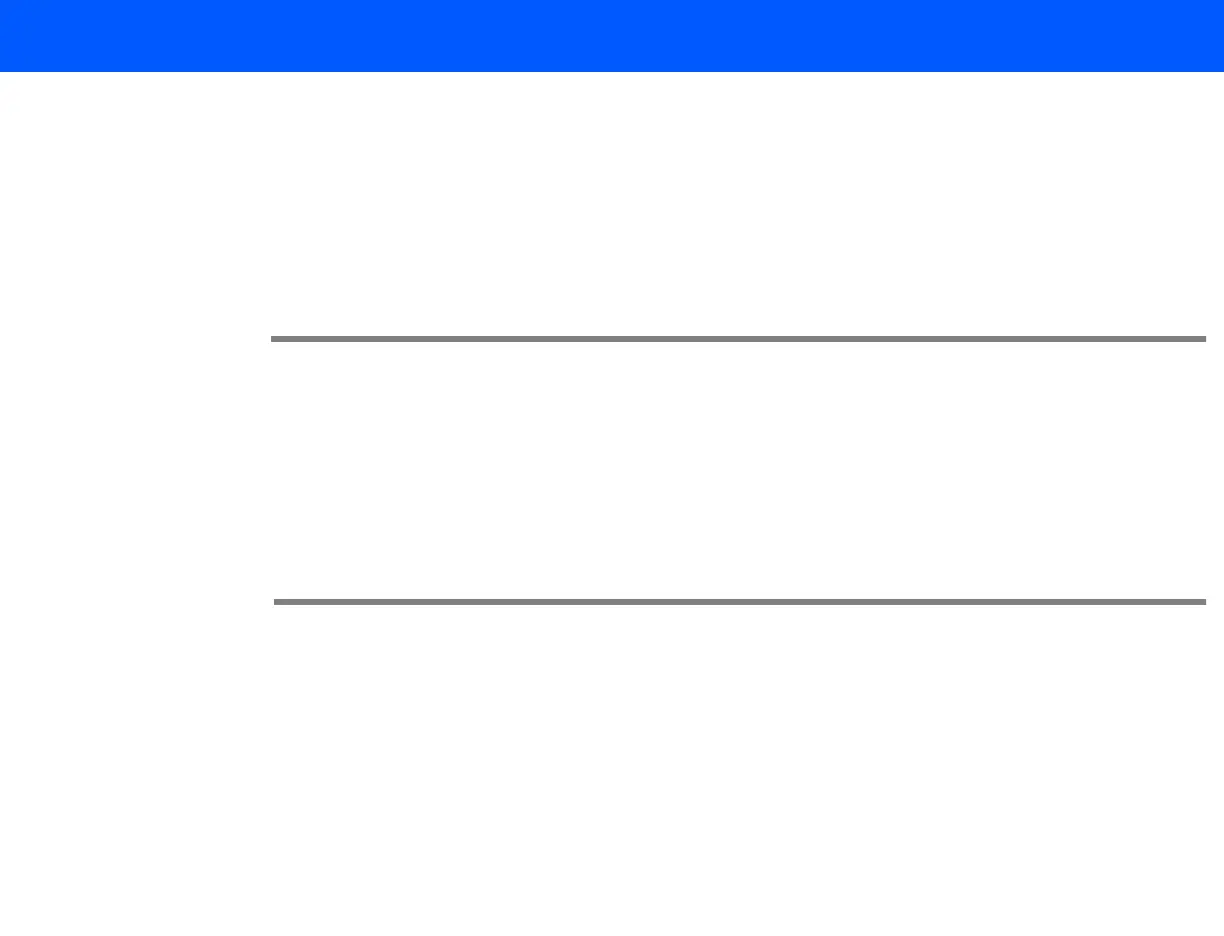4535 611 98931 iE33 Service Manual Page 232
CSIP Level 1 Preventive Maintenance: Video Monitor and Touch Screen
Video Monitor
and Touch
Screen
The video monitor and the touch screen have plastic front surfaces. The surface is resistant to
fluids normally found in clinical environments, such as ultrasound gel, alcohol, and disinfectants,
but fluids spilled on the screens should be wiped off with a soft cloth to avoid forming spots on
the display surface.
The video monitor and touch screen should be cleaned as necessary. For routine cleaning, use
only cleaners specifically designated for LCD screens. Disinfectants may be used when necessary,
but they are, are not recommended for routine screen cleaning.
CAUTIONS • To avoid damage to the monitor screen and touch screen, do not touch them with any sharp
object such as pencils or calipers.
• Repeated use of common cleaners such as glass cleaner or products containing alcohol may
damage the monitor and touch-screen surfaces and should not be used. Use cleaners specifi-
cally designed for cleaning LCDs.
• Do not use paper towels to clean LCD surfaces; they may scratch the surfaces. Use only a
micro-fiber or other lint-free cloth.
➤ To clean the video monitor screen and touch screen
1. Clean dust from the monitor and touch screen surfaces with a micro-fiber or lint-free soft
cloth. (Micro-fiber is recommended.)
2. Remove fingerprints or other marks on the screen using a liquid screen cleaner specifically
designed for LCDs. Spray directly on the cleaning cloth or apply sparingly to the screen.
Pre-moistened screen wipes may also be used.
3. Dry the surfaces using a micro-fiber or lint-free cloth.
